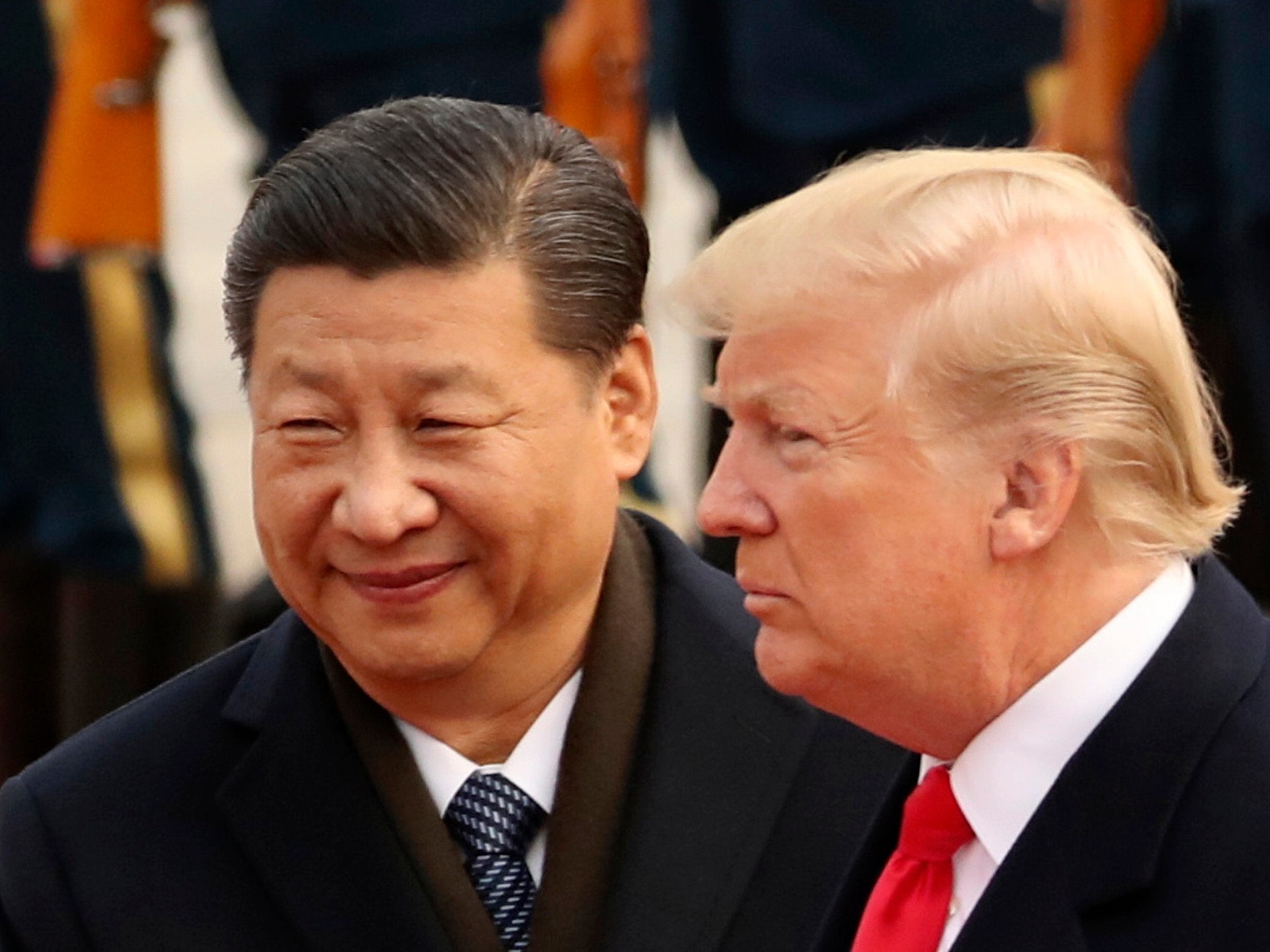The aim of the G20 should be to stop governments undermining the economic recovery of the past decade
The central banks have flooded the world with money, but now at last are turning off the taps. Of course they are right to do so, and many of us think they should have started earlier. But the effect is to squeeze the emerging world


First, do no harm. The Hippocratic oath, in that popular form, should surely be applied to Group of 20 Summit.
The G20, you may recall, was created to replace the G7, to reflect the shift of economic power to the emerging world. The G7 represented what were in the 1970s the seven largest economies, and the then developed world accounted for 80 per cent of global output. Now the balance is roughly 50/50 between the developed and emerging countries, and the G20 reflects that. Its members produce more than 80 per cent of global output.
The prime task of a summit like this is to encourage countries to collaborate so that economic growth can continue in a sustainable way. The G20’s history goes back to 1999, but it became a leaders’ conference – to coordinate economic policy – in response to the banking crash in 2008. (The origin of the G7 was the economic summit at the French chateau of Rambouillet in 1975, held to coordinate policy after the oil shock.)
Since 2009 the world has had a decent recovery, which is still continuing at a reasonable clip, but is now looking a little battered. So the job of this meeting is to make sure that governments do not undermine what has been achieved.
The obvious areas where that might indeed be undermined are trade policy and monetary policy.
On the first, while it is possible to overestimate the importance of the meeting between presidents Trump and Xi, there is no question that a reasonable accord between them is important not just for the US and China, but for the world economy as a whole.
The US can stand a bit of trade friction, though tariffs on imported steel have put pressure on US car producers, especially General Motors and Ford. China is being hurt more, as it is already experiencing some sort of downturn. But for the world, to have the two biggest economies at loggerheads is a signal that the long post-war progress towards increasing trade freedom may be coming to an end. So let’s see what happens.
Monetary policy has attracted far fewer headlines than trade policy, but the corrosive effect may be greater. It transmits between different countries in a number of way, including the exchange rate. A loose monetary policy depresses the exchange rate, other things being equal, and vice versa. Also, because countries and companies now compete for global funds, interest rate changes in one country tend to have knock-on impact in others.
The developed world’s central banks have flooded the world with money, but now at last are turning off the taps. Of course they are right to do so, and many of us think they should have started earlier. But the effect is to squeeze the emerging world. Central banks set their policies for their own jurisdictions. They have to. But the effect, particularly that of the US Federal Reserve, is global. So the second area where we need to see greater cooperation is monetary policy.
There are other specific issues. It would be good to have more stability in the oil price, and that requires cooperation among the oil producers, including the US. It would be good to see a reduction in non-tariff barriers to trade, the regulatory and legal hoops that traders are forced to leap through if they wish to sell their stuff in another country. It would be good to see simpler rules on tourist visas. And so on.

But there is something else. This is the more general point that the world has over the next decade to manage a huge transition of power. By 2030 China will have passed the US to become the world’s largest economy. And India will have passed Japan (and Germany, the UK and France) to become number three.
This is enormous. It is bigger than any other shift that has happened over the past half-century. The best international forum there is to discuss this is the G20. And that is why I hope for a reasonably harmonious outcome this weekend.
Join our commenting forum
Join thought-provoking conversations, follow other Independent readers and see their replies
Comments
Bookmark popover
Removed from bookmarks